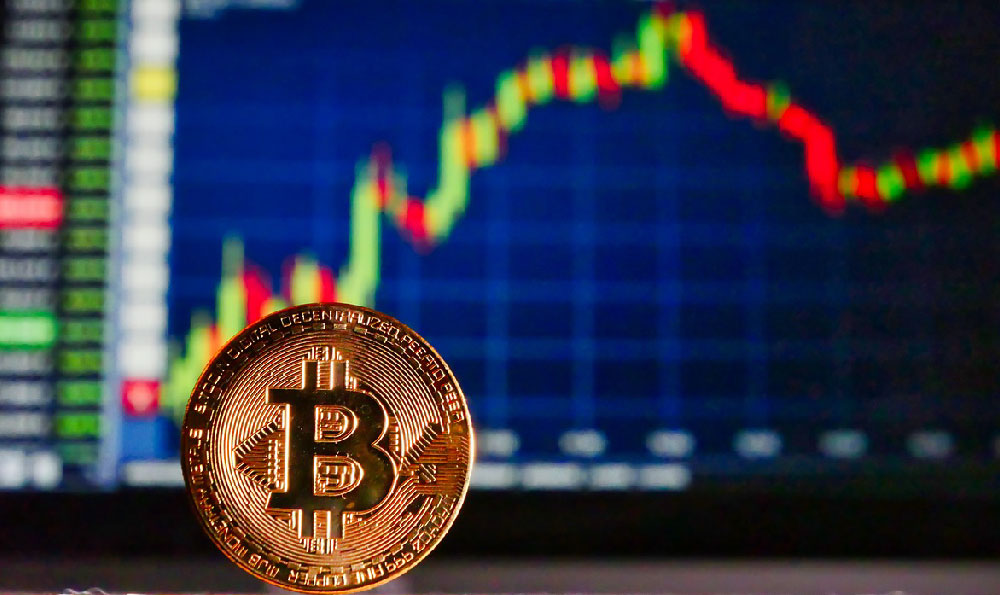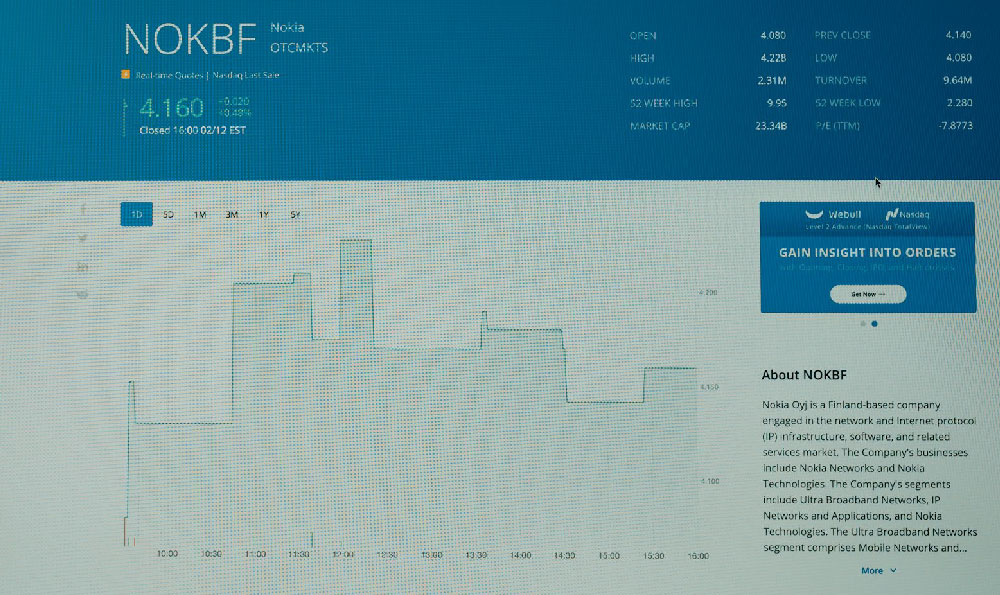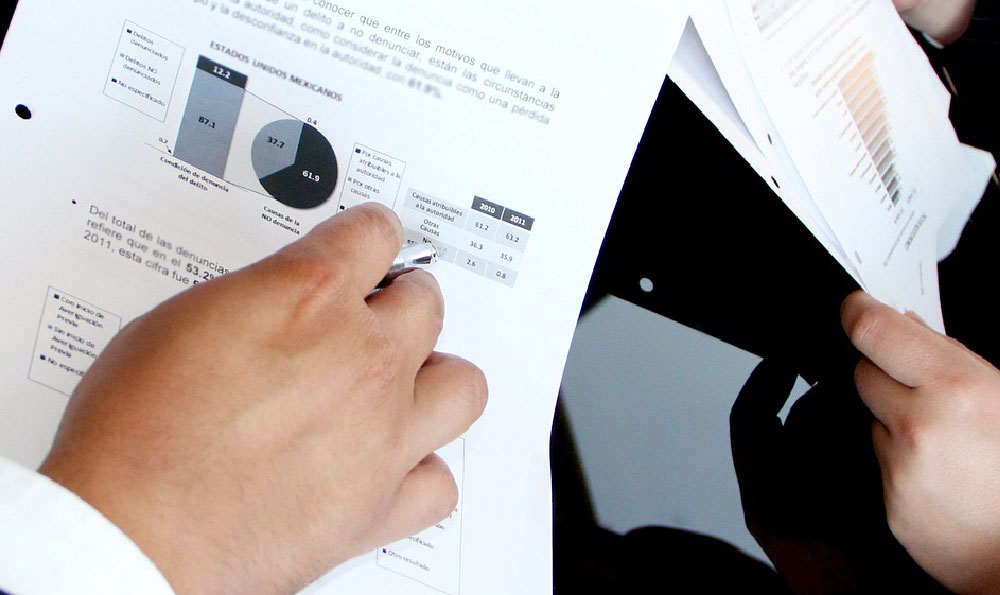How to Create Fake Money? Is It Legal?

The allure of creating money, instantly and without effort, is a powerful fantasy. It conjures images of financial freedom, escaping debt, and indulging in luxuries beyond reach. However, the reality behind "creating fake money" is a stark and dangerous one, fraught with legal peril and moral implications. Understanding the gravity of counterfeiting is crucial, and exploring safer, legitimate pathways to financial security is paramount.
The notion of "creating fake money" immediately raises red flags. It inherently implies counterfeiting, a serious federal crime across the globe. Counterfeiting is the act of producing imitation currency or other negotiable instruments (like checks or bonds) with the intent to deceive and pass them off as genuine. The consequences of engaging in such activities are severe, often involving lengthy prison sentences, hefty fines, and a permanent criminal record that can severely limit future opportunities for employment, travel, and even housing.
The legal ramifications alone should be enough to deter anyone from considering counterfeiting. But beyond the legal risks, there are profound ethical considerations. The entire monetary system is built on trust. When counterfeit money enters circulation, it undermines that trust. Businesses may become hesitant to accept cash, leading to economic disruption and inconvenience for everyone. Inflation can also be fueled by the proliferation of fake money, eroding the purchasing power of legitimate currency and impacting the savings of ordinary citizens. Furthermore, individuals and businesses that unknowingly accept counterfeit money suffer a direct financial loss. They are stuck with worthless paper (or polymer) and have no recourse to recover their losses.

The process of counterfeiting, even on a small scale, is often more complex and resource-intensive than one might imagine. Modern currency incorporates numerous security features designed to prevent forgery. These features can include intricate watermarks, microprinting, security threads, color-shifting ink, and specialized paper. Replicating these features requires sophisticated equipment, specialized knowledge, and access to illicit materials, all of which come at a considerable cost and increase the risk of detection. Even with advanced technology, counterfeit money rarely passes close scrutiny. Experts in forensic document examination can readily identify discrepancies and imperfections that distinguish counterfeit bills from genuine ones.
Furthermore, attempting to distribute counterfeit money inevitably involves interacting with other individuals, increasing the likelihood of exposure and arrest. Law enforcement agencies worldwide are dedicated to combating counterfeiting, employing advanced techniques and undercover operations to apprehend counterfeiters. The risk of getting caught is substantial, and the consequences far outweigh any perceived benefits.
Instead of pursuing the dangerous and ultimately self-defeating path of counterfeiting, it is far wiser and more rewarding to focus on legitimate ways to build wealth and achieve financial security. These methods may require more effort and patience, but they offer the promise of long-term stability and peace of mind.
One fundamental principle of building wealth is to increase your income. This can involve pursuing higher education or vocational training to acquire valuable skills, seeking promotions within your current employment, or exploring new career opportunities that offer greater earning potential. Starting a side hustle or freelancing can also provide a supplemental income stream without requiring a complete career change.
Another key aspect of financial security is responsible budgeting and expense management. Tracking your income and expenses allows you to identify areas where you can cut back on unnecessary spending and allocate more resources towards savings and investments. Creating a budget helps you prioritize your financial goals and make informed decisions about how to spend your money.
Saving regularly is crucial for building a financial safety net and achieving long-term goals such as retirement, buying a home, or starting a business. Automating your savings can make it easier to consistently set aside a portion of your income each month.
Investing your savings wisely is essential for growing your wealth over time. Diversifying your investments across different asset classes, such as stocks, bonds, and real estate, can help mitigate risk and maximize returns. Consider consulting with a qualified financial advisor to develop an investment strategy tailored to your individual circumstances and risk tolerance. Understanding the fundamentals of the stock market, the principles of value investing, and the importance of long-term perspectives are crucial for making sound investment decisions.
Building credit wisely is also an important aspect of financial management. Maintaining a good credit score allows you to access lower interest rates on loans and credit cards, saving you money in the long run. Paying your bills on time, keeping your credit utilization low, and avoiding excessive borrowing are all essential for building and maintaining a strong credit profile.
Ultimately, achieving financial security is a journey that requires discipline, patience, and a commitment to lifelong learning. There are no shortcuts or get-rich-quick schemes that can guarantee success. However, by focusing on legitimate strategies for increasing income, managing expenses, saving regularly, investing wisely, and building credit responsibly, anyone can improve their financial situation and work towards achieving their financial goals. The path to genuine financial freedom lies not in creating fake money, but in building real wealth through hard work, smart choices, and a commitment to ethical financial practices.














